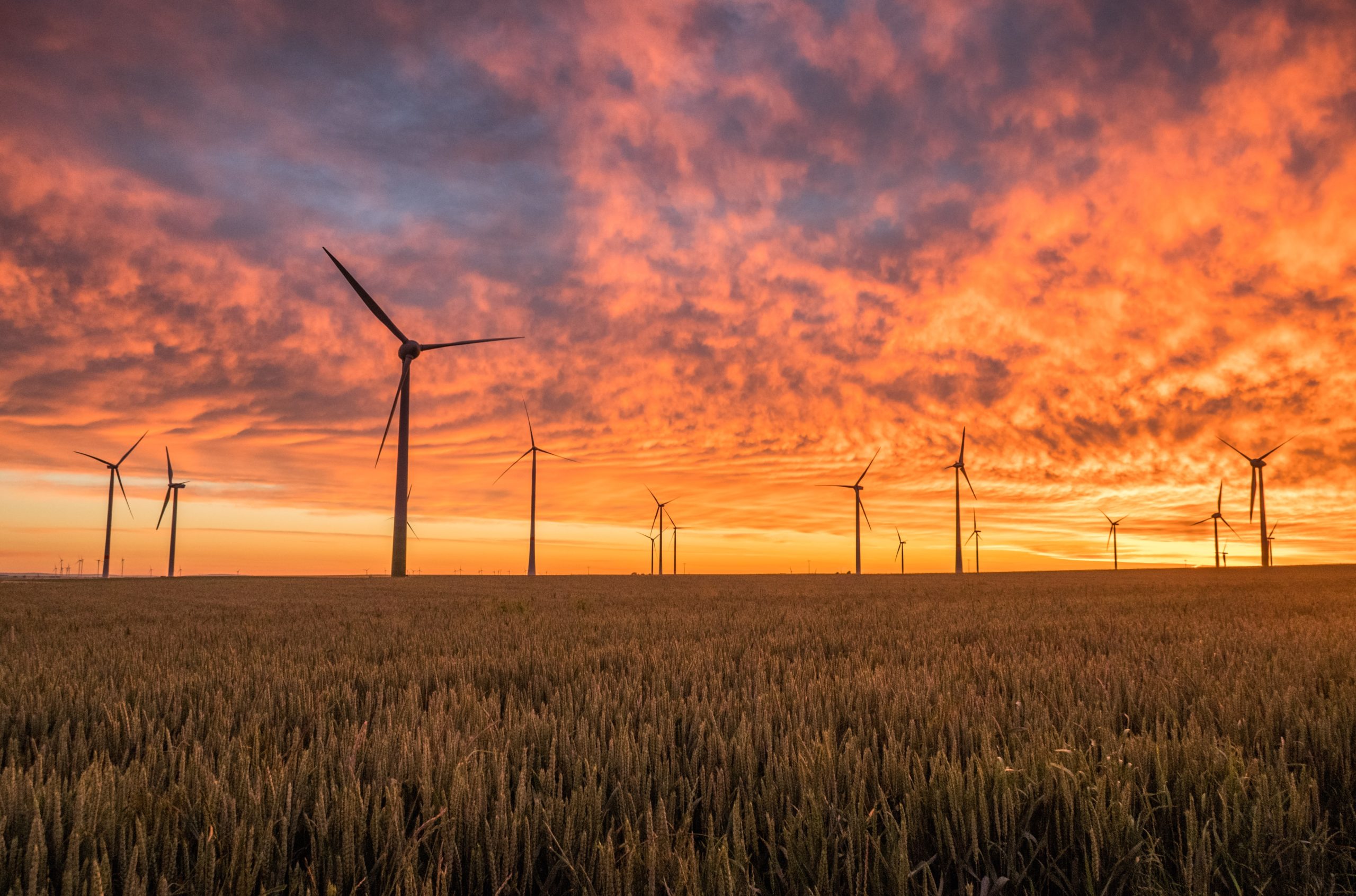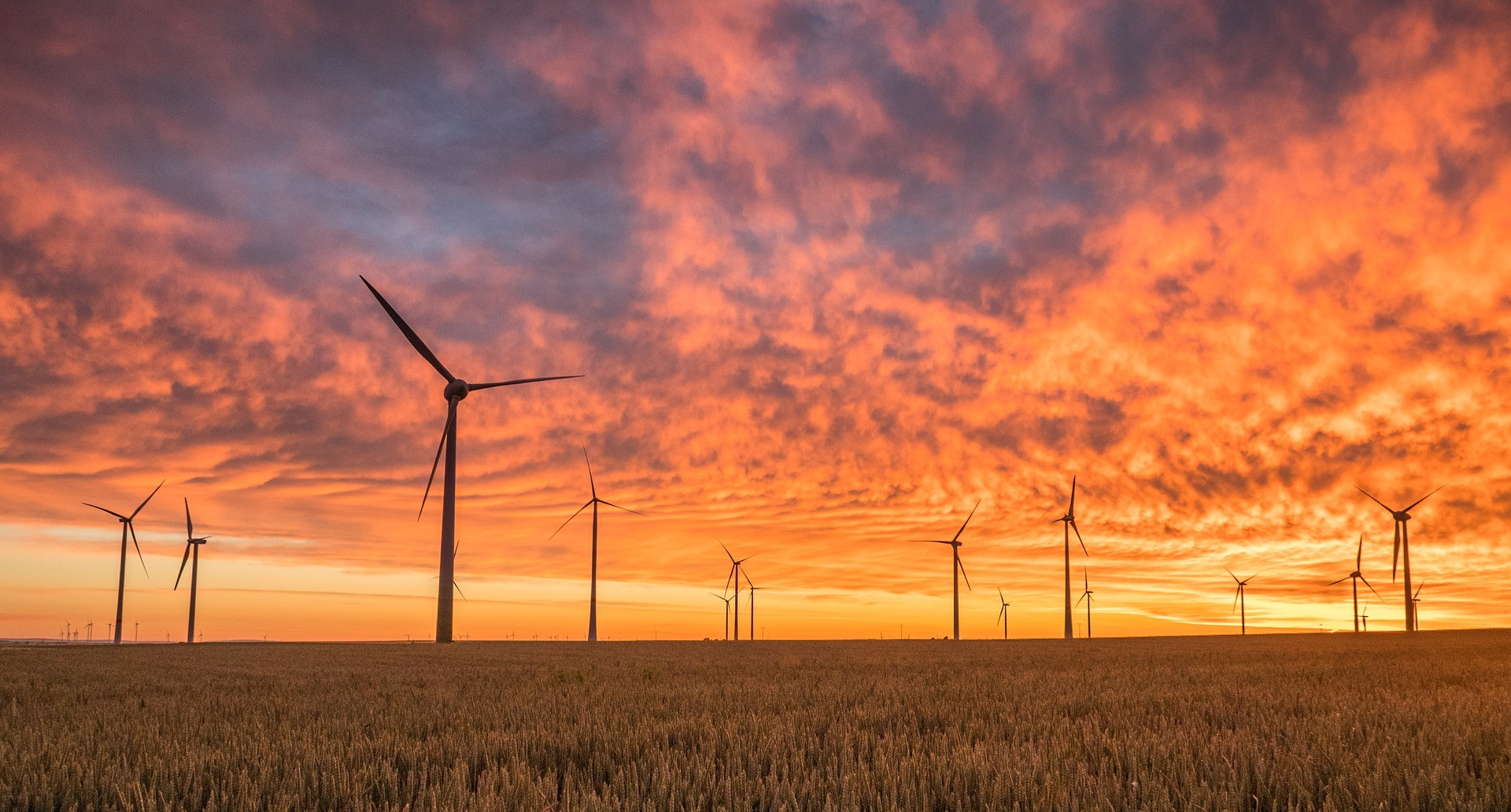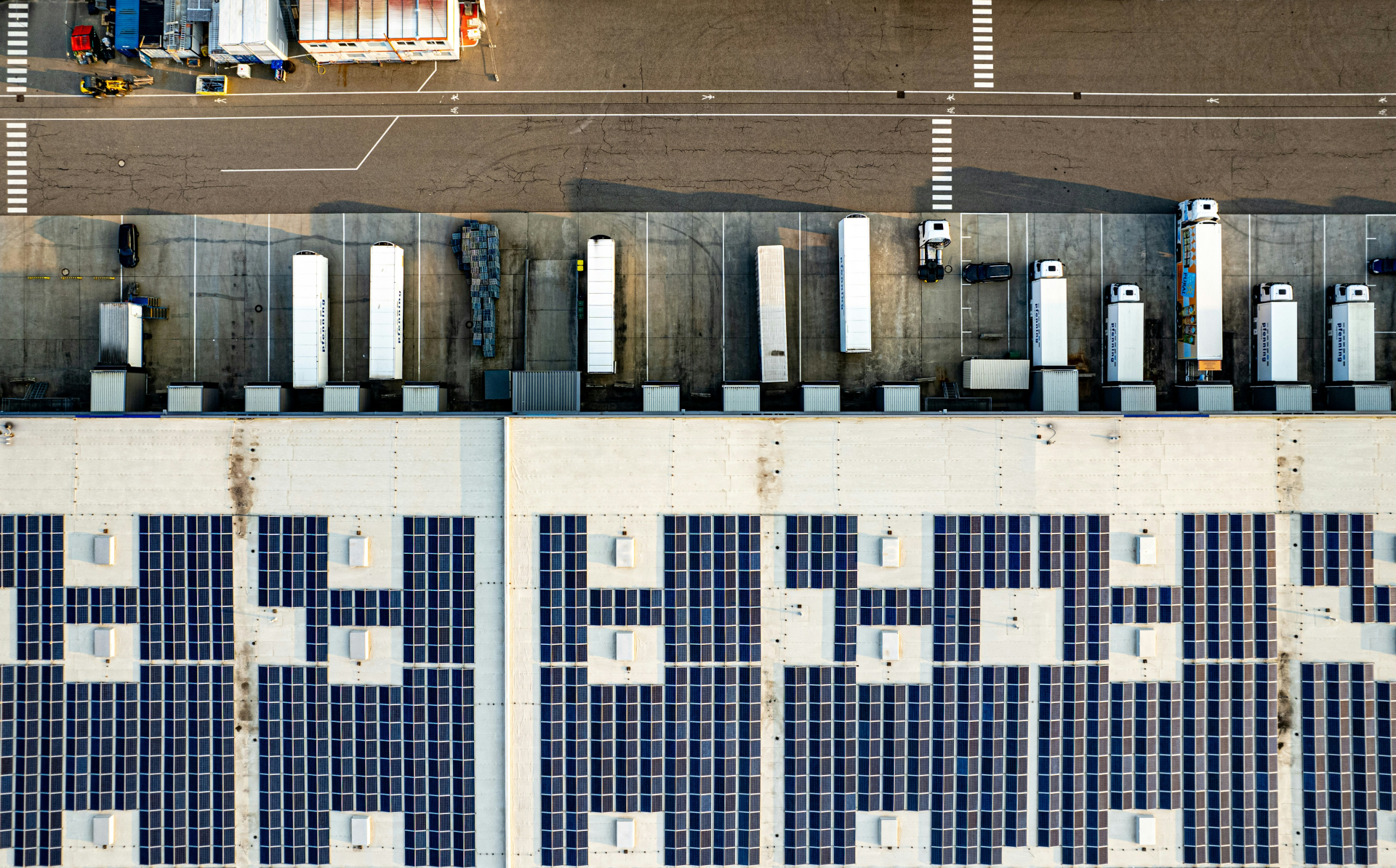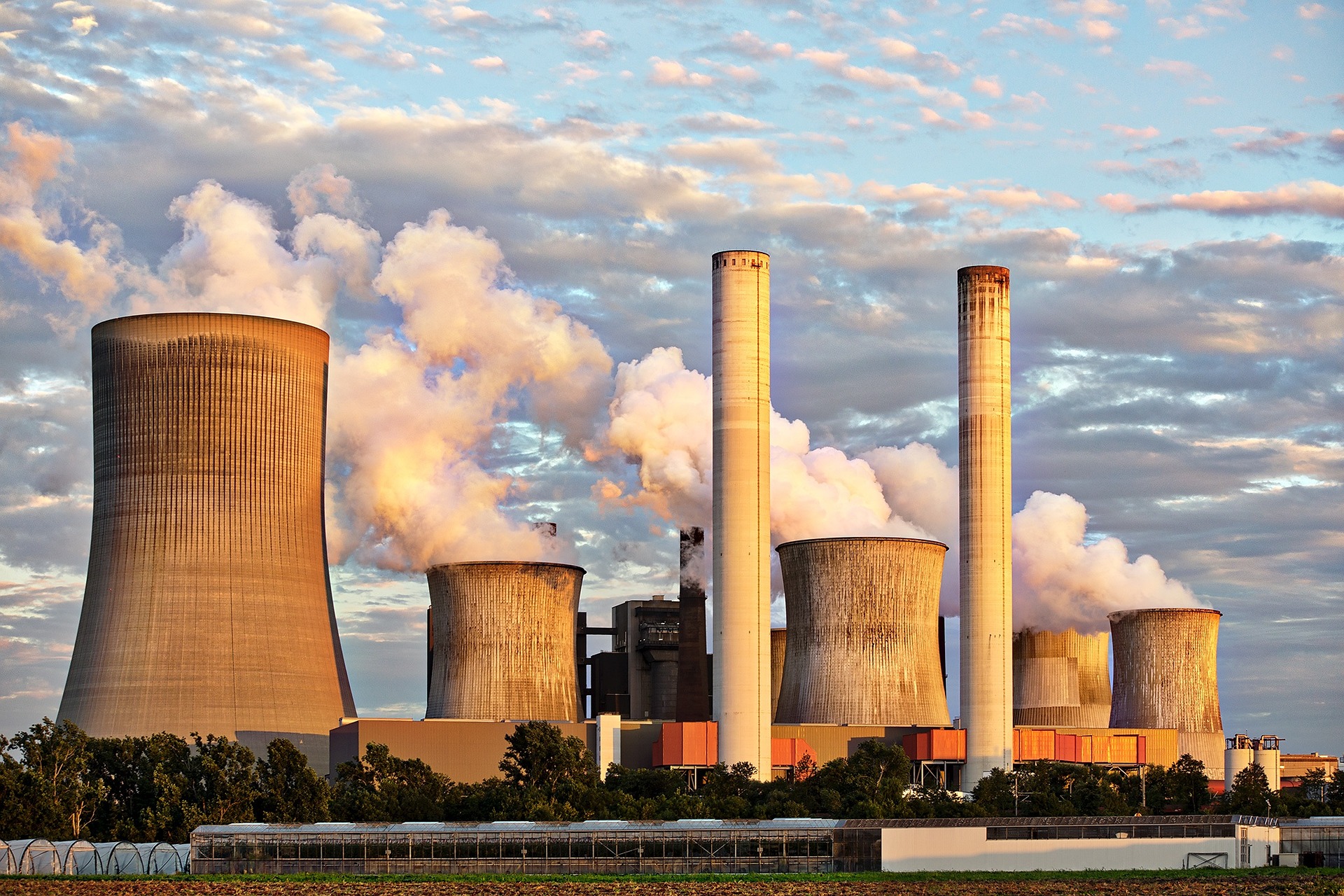News
USS and University of Exeter develop new climate scenarios to help tackle climate change

A new report, released by USS and University of Exeter today, is calling for a radical and urgent shift in the climate scenarios used by investors, governments, and businesses to address climate change.
At a time when more needs to be done to deliver Net Zero ambitions, current scenarios have significant limitations. They often understate both the economic damage of climate change and the potential benefits of action, restricting their usefulness for investment decision-making. No Time to Lose – New Scenario Narratives for Action on Climate Change presents four new climate scenarios that look at shorter term and more realistic horizons to inform investment decision making.
Download the full report

The new climate scenarios, developed as part of a collaboration between USS and University of Exeter and with input from leading experts such as Mark Carney, Nicola Ranger, Nigel Topping, and Caroline Cook, better reflect the real-world risks and opportunities that frame our investment decision-making over the short and medium term. They switch the focus away from global average temperature pathways and towards the complex interplay between physical factors such as extreme weather events and human factors such as disruptions in geopolitics, economics, financial markets, and technology.
The new scenarios range from optimistic, with politics and economics working in harmony to drive rapid decarbonisation, to pessimistic, where a toxic political climate compounded by dysfunctional markets frustrates progress. They aim to present a richer, broader, and more realistic range of possible scenarios on which we can base our investment decisions.
Four New Scenarios
More Information
Universities Superannuation Scheme (USS) was established in 1974 as the principal pension scheme for universities and higher education institutions in the UK. They work with around 330 employers to help build a secure financial future for 528,000 members and their families. They are one of the largest pension schemes in the UK, with total assets of around £75.5bn (at 31 March 2023).
The University of Exeter is renowned for its environmental research and education, with over 1,500 people here (including 5 of the world’s top 21 climate scientists) working to deliver game-changing solutions. Our new initiative, Green Futures Solutions, provides businesses with access to a unique range of climate and environment expertise to help organisations reach net zero, make smarter use of natural resources, and seize opportunities in the growing green economy.
Related
Exeter Innovation
We are the trusted partner in transformative innovation, empowering organisations across the globe to make ecologically responsible decisions – for today and for future generations.







